

Community Research Alliance Capacity-Building
Tags Community Alliances, Health Disparities
The focus of the Community Research Alliance (CRA) is to help define and create the infrastructure for equitable, good and sustainable community research partnerships and research on health and other disparities that is scientifically sound and immediately beneficial to the communities involved.

Youth Food Program Alliance
Tags Community Alliances, Health Disparities, Participatory Action Research, Youth
The Youth Food Program Alliance brings together effective systems change, agriculture, and culinary programs working with young people across CT to build their abilities and resources.

Good Oral Health: A Collaboration With Older Adults to Improve Oral Health
Tags Community Alliances, Health Disparities, Older Adults
The goal of GOH is to improve oral health self-management among older adults in senior housing.

Sexual Minority Youth Action Research Project
Tags Health Disparities, Participatory Action Research, Youth
The Sexual Minority Youth Action Research Project of the Youth Action Research Institute trains lesbian, gay, bisexual, transgender and questioning (LGBTQ) youth of color and their allies to use research as a tool for addressing issues of concern and importance to them, their communities and schools. Teams of Community Youth Researchers conducted research on the availability of and access to support systems for urban, primarily minority, LGBTQ youth in two urban areas of Connecticut.
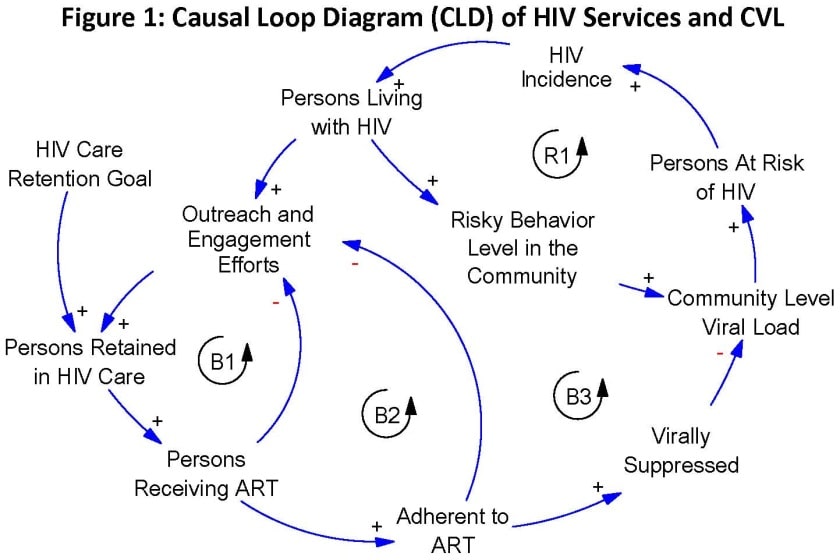
HIV Community Viral Load (CVL) Study
Tags Community Alliances, Health Disparities, HIV AIDS Risk and Prevention, Specialized Methods
This study is designed to engage multiple community stakeholders, including providers and people with HIV, to develop a comprehensive system dynamics model that can be used to understand how systemic processes affect HIV community viral load (CVL).
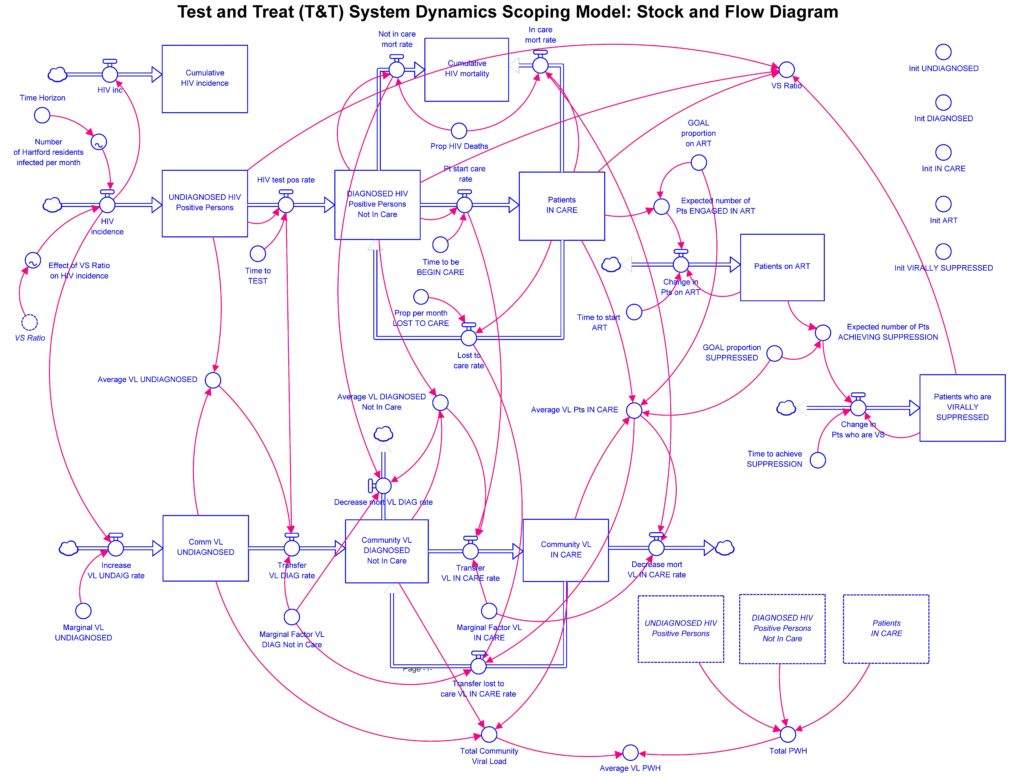
Participatory System Dynamics Modeling to Simulate HIV Test-and-Treat Improvements
Tags Community Alliances, Health Disparities, HIV AIDS Risk and Prevention, Specialized Methods
This study uses community participatory system dynamics (SD) group model building (GMB) and multiple data sources to build a SD computational/simulation model of the HIV care continuum in Greater Hartford, CT as a tool to reduce the epidemic.

A Qualitative and Quantitative Analysis of Perceived Risk for HIV
Tags Health Disparities, HIV AIDS Risk and Prevention
This developmental study investigated the underlying dimensions and meanings of perceived HIV risk/susceptibility among young, urban men who have sex with men (MSM) of diverse ethnic backgrounds. Qualitative research was used to assess meanings underlying traditional measures of perceived risk. Results from qualitative analysis were used to develop a psychometrically sound scale of Perceived Risk for AIDS. This project provided the groundwork for larger longitudinal studies on the topic.

VIP: Vaccinate for Influenza Prevention
Tags Health Disparities, Older Adults
The purpose of this intervention study V.I.P.: Vaccinate for Influenza Prevention was to improve influenza vaccination rates among older, low-income, and minority adults who live independently in senior housing facilities in Hartford, CT. Nationally, this group has the highest risk for influenza, yet the lowest vaccination rates. The study utilized an empowerment model to build a residential public health committee that was trained in the benefits of flu vaccine. Facilitated by project staff, the committee received interactive flu education, conducted a two-month long flu campaign, and organized flu vaccination clinics. A pre-post evaluation in one intervention and one matched comparison building compared changes in knowledge, attitudes and rates of vaccine uptake among building residents.

Vaccinate for Influenza Prevention (VIP) Pilot Study
Tags Health Disparities, Older Adults
The purpose of Project V.I.P. was to develop materials and approaches for an intervention study designed to increase flu vaccination rates among low-income, ethnically diverse older adults living independently in senior housing in Hartford, CT. The study assessed a theory-driven, peer-led intervention to identify and remove barriers to influenza vaccination and evaluated the utility of a pre-post survey.
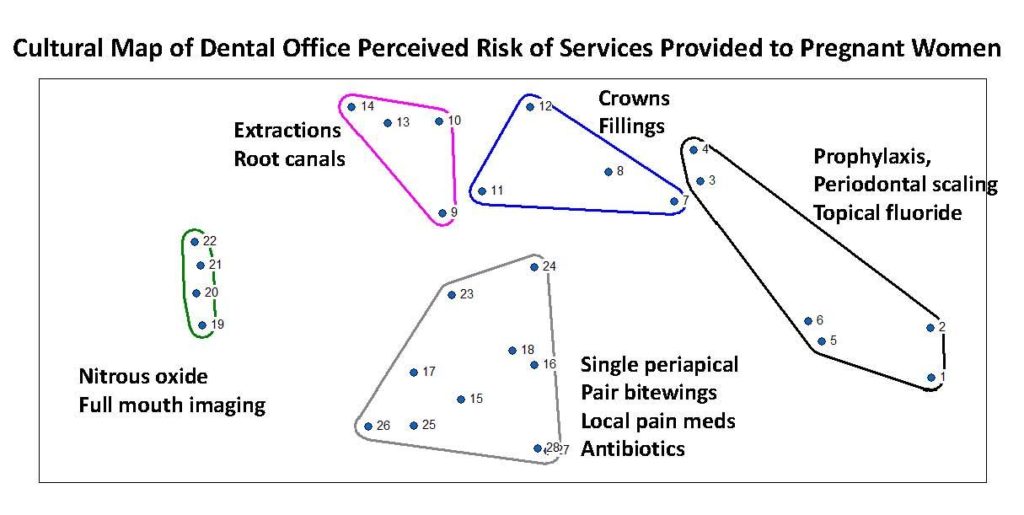
Assessing Perceived Risk of Dental Treatments for Pregnant Women on Medicaid
Tags Community Alliances, Health Disparities
This exploratory study was designed to examine barriers to the provision of allowable dental care to pregnant patients on Medicaid in Connecticut, despite the known benefits and safety of prenatal dental care.

Good Oral Health Project
Tags Health Disparities, Older Adults, Science and Art, Specialized Methods
This project was designed to build infrastructure for clinical and community-based training and research on geriatric oral health and to build a statewide oral health research alliance to promote geriatric oral health projects.

Building Youth Leadership Capacity in Food Justice Campaigns
Tags Community Alliances, Health Disparities, Participatory Action Research, Specialized Methods, Youth
ICR is working with food justice organizations across Connecticut to develop the next generation of leaders in the local food justice movement.

Smokeless Tobacco Project
Tags Health Disparities, International, Substance Abuse and Prevention
This 3-year study of a “slum” community in Mumbai identified outlets and available forms of smokeless tobacco and examined women’s smokeless tobacco practices in relation to their reproductive health.

Drug Use, Housing Access, Stability and HIV Risk Among Low-Income Urban Residents
Tags Health Disparities, HIV AIDS Risk and Prevention, Substance Abuse and Prevention
This 4-year study explored the relationship between structural factors of housing (access to housing subsidies and programs, status and stability) and HIV risk among low-income drug users compared to non-drug users.

Food Fight!
Tags Health Disparities, Participatory Action Research, Specialized Methods, Youth
This innovative project continues ICR’s work with youth participatory action research, leadership development and promotion of social change in the area of food justice.

Female Condom Study
Tags Health Disparities, HIV AIDS Risk and Prevention, Substance Abuse and Prevention
This four-year study explored factors that enhance or impede initial and long-term use of female condoms to prevent HIV and other sexually-transmitted infections.

Improving Access to Mental Health Services for Older Hartford Residents
Tags Health Disparities, Mental Health, Older Adults
This three-year study identified the predictors and prevalence of depression and anxiety in a residential community of older, primarily minority, adults living in public and private senior housing in Hartford, CT.

Xperience Project
Tags Health Disparities, Science and Art, Specialized Methods, Substance Abuse and Prevention, Youth
This unique study piloted a performance-based intervention in partnership with Hartford youth, who developed drug-prevention messages to incorporate into performances of local artists at live shows, then disseminated them via a CD and other media.

HIV Prevention in High Risk Drug Use Sites: Project RAP
Tags Community Alliances, Cultural Conservation, Health Disparities, HIV AIDS Risk and Prevention
This study investigated the efficacy and diffusion of a peer-led HIV prevention intervention, implemented by trained, active substance users in partnership with project staff. It was conducted in high-risk substance use settings. The subsequent longitudinal study investigated long-term behavioral effects of the peer-implemented HIV prevention program on trained active substance users and the substance-using contacts to whom they provided the intervention, diffusion of the intervention and its effects through substance-user social networks, and into substance-use sites in Hartford, CT. It also investigated the sustainability of the peer-led HIV prevention intervention.
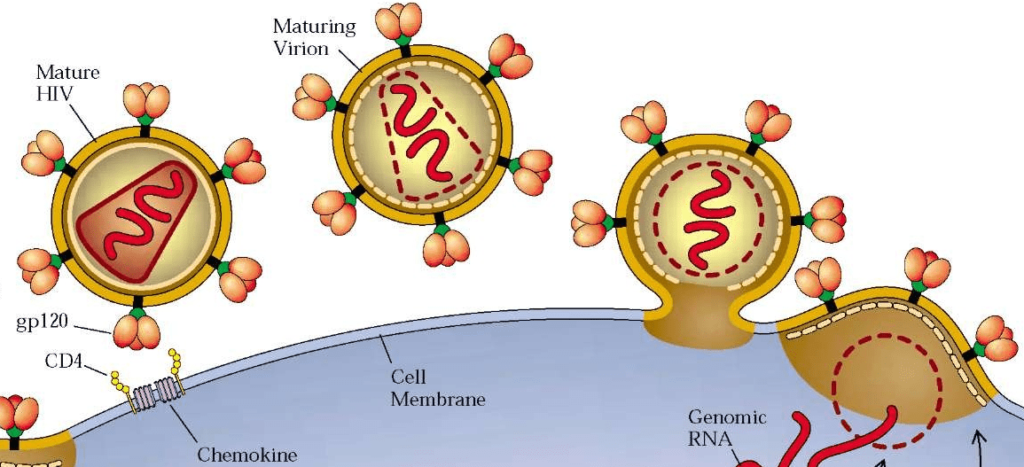
Project Protect
Tags Health Disparities, HIV AIDS Risk and Prevention, Substance Abuse and Prevention
This three-year study conducted in Hartford, CT explored readiness for use of vaginal microbicides as HIV prevention among women involved in high-risk activities, such as drug use and risky sex.


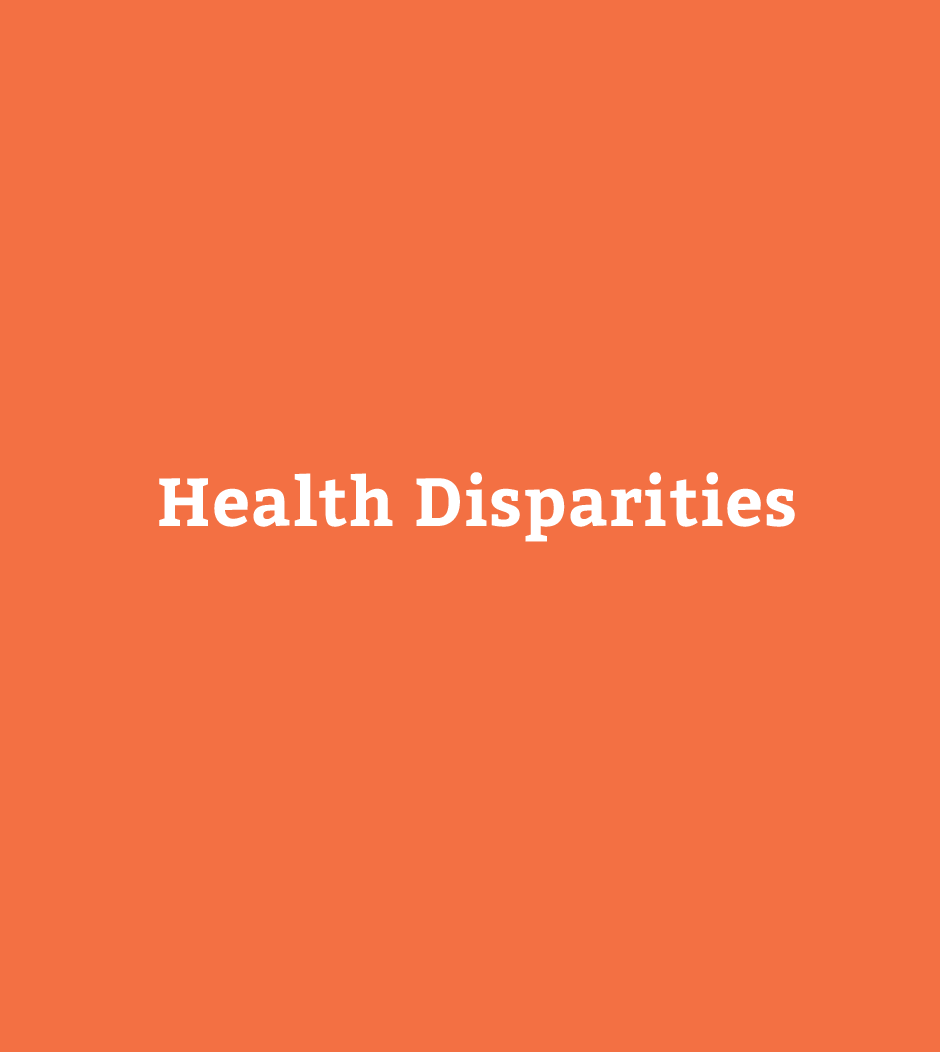

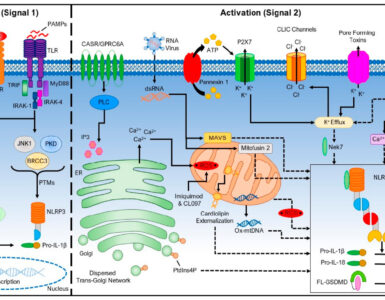
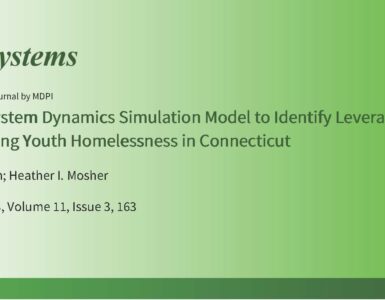
Add comment